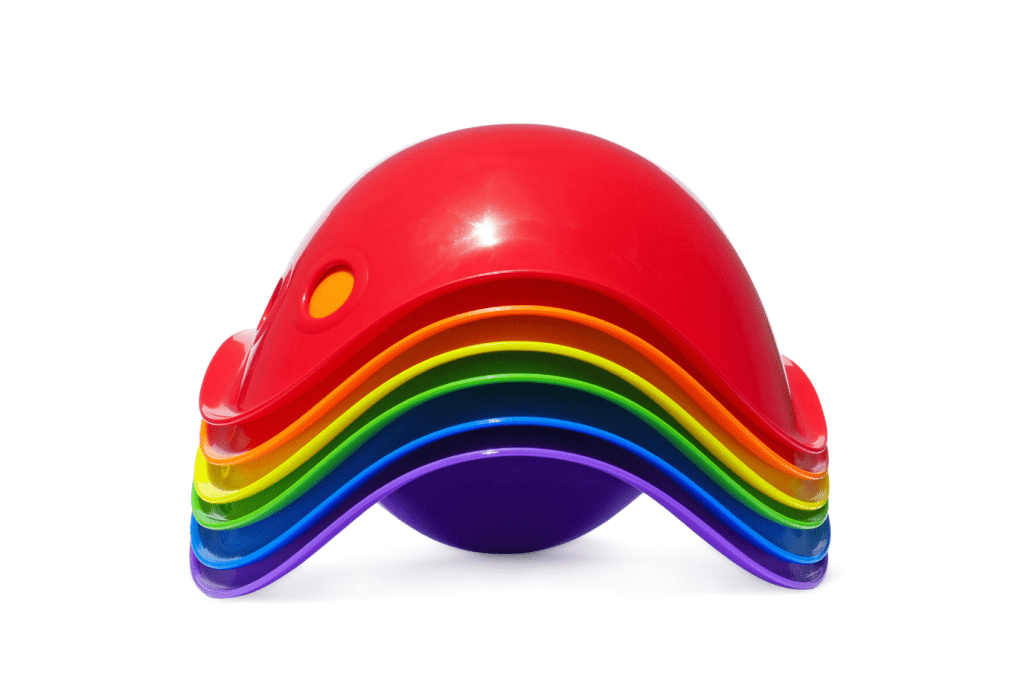Menu
-
-
Easter Basket Gifts
-
Shop Gifts By Age
- Gifts For a 0-6 Month Old
- Gifts For A 6-12 Month Old
- Gifts For A One Year Old
- Gifts For A Two Year Old
- Gifts For A Three Year Old
- Gifts For A Four Year Old
- Gifts For A Five Year Old
- Gifts For A Six Year Old
- Gifts For A Seven Year Old
- Gifts For An Eight Year Old
- Gifts For A Nine Year Old
- Gifts For A Ten Year Old
-
Shop Gifts By Budget
- New Arrivals
-
Toys
- Large Active Toys
- Animal Toys
- Arts & Crafts
- Award-Winning Toys
- Bath Toys
- Birthday Wishlists
- Building Toys
- Cars, Trains, & Trucks
- Games
- Instruments
- Loose Parts Play
- Loot Bag Toys
- Made in Canada
- Outdoor Toys
- Pretend Play
- Puzzles
- Sensory And Fidget Toys
- Sensory Bin Tools & Fillers
- STEM Toys & Activities
- Toronto-Themed Gifts
- Travel Toys
- Wooden Toys
- Waiting Room Toys & Furniture
-
Montessori Materials
- Montessori At-Home Program
-
Montessori Furniture
-
Bundles & Sales
-
Books
-
Shop By Age
-
Shop By Brand
-
Brands A-F
- 3 Sprouts
- 4M
- Ark Therapeutic
- Avenir
- B. Toys
- Bamboo Switch
- Beleduc
- Bob Books
- Brio
- bug + bean
- Carpets for Kids
- Cherrypick
- Children's Factory
- CJECOPLAY
- Clixo
- Connetix Tiles
- Crayola
- Creativity For Kids
- Crocodile Creek
- DJECO
- Educare
- Educational Insights
- Educo
- eeBoo
- Erzi
- ezpz
- Fat Brain Toys
- Fidget Company
- Foundations
- Brands G-L
- Brands M-R
- Brands S-Z
-
Brands A-F
-
- 866-901-4696
- Gift Registry
- Login

How To Respond When Your Child Say, “No one likes me” + Free Positive Affirmation Cards
3 min read

It can be so hard to hear your child engage in negative self-talk. It hurts my heart to hear things like:
- "I'm so dumb"
- "I hate my hair"
- "No one likes me"
Sadly, negative self-talk can start in the preschool years, usually by repeating hurtful words they’ve heard or expressing their frustration when something is difficult.
More complex, internalized negative self-perception typically emerges in the grade school years, as children become more aware of their strengths and weaknesses.
This is when children may start to develop a negative inner monologue, which is often due to comparison to peers.
To help children develop a more positive inner monologue, you can practice positive self-talk at home. This is where we encourage our children to practice of speaking to themself in a supportive and encouraging way.
Positive self-talk doesn’t mean ignoring or avoiding challenges, it’s more about developing the tools to face difficulties without putting yourself down.
How To Encourage Positive Self-Talk
1. Model it yourself - children are always listening to us and noticing how we talk about ourselves.
Try to avoid making negative comments about yourself, i.e. "I’m so bad at math" or "I look terrible in this outfit."
I know this is easier said than done sometimes, the words can just slip out as a reaction to what you’re feeling in that moment, but try to remember that your little one is listening to you and following your lead on how to think and speak about themselves.
Talk about your own challenges as learning opportunities. And learning to speak about yourself positively will have a good impact on you too :)
2. Don’t dismiss your child’s negative self-talk - it can be tempting to respond to a child’s negative self-talk with "Don’t say that!’ or ‘Of course you’re smart!’
This is, of course, well-meaning, but it often shuts down the conversation rather than helping your child process their feelings.
I remember saying to my mom, "You have to say that, you’re my mom" because she was always so quick to dismiss my negativity.
Children can learn to brush off praise from parents if it feels automatic or forced. Instead, talk to them about how they’re feeling, giving them space to share and figure out where these feelings are coming from, i.e. situation at school, conflict between friends, etc.
3. Reframe challenges - When a child says, "I can’t do it," help them reframe it: "You can’t do it yet, but you can learn."
This small word "yet" promotes growth and reminds children that skills develop over time. They just need to practice.
4. Celebrate effort, not just results - Praise your child’s persistence, creativity, problem-solving skills, etc.
Focusing on their efforts helps to develop the growth mindset - the idea that our abilities are not fixed. It also helps children to incorporate their strengths and progress into their self-talk.
Focusing on the results can also lead to perfectionism, which can have a big impact on how a child faces challenges.
5. Read books - find books that discuss topics like self-love, confidence, celebrating each person as a unique individual, etc.
Here are a few of our favourites:
- I Like Myself! by Karen Beaumont
- A Kids Book About Self-Love by Brandon Farbstein
- A Kids Book About Confidence by Joy Cho
Positive Affirmation Cards
Positive affirmation cards are another great way to encourage positive self-talk.
Repeating simple, age-appropriate affirmations can help children replace negative thoughts.
You can laminate a few or all of them and post them around the house in visible locations:
- near the bed to do at bedtime
- in the bathroom to read during your morning or bedtime routine
- at the door to repeat before school
You can encourage your child to repeat them daily or when they’re feeling frustrated.
Join Our Montessori Community
Sign up to get weekly activities, free printables, Montessori parenting guidance, and so much more.
Plus, get $10 off your first order of $100+.
Like this article? Get new articles, weekly activities, free printables, Montessori parenting guidance, and so much more.
One mom recently shared:
"Your newsletter is always SO great. It is one of the few I open and read weekly. You provide so much value. Thank you!"
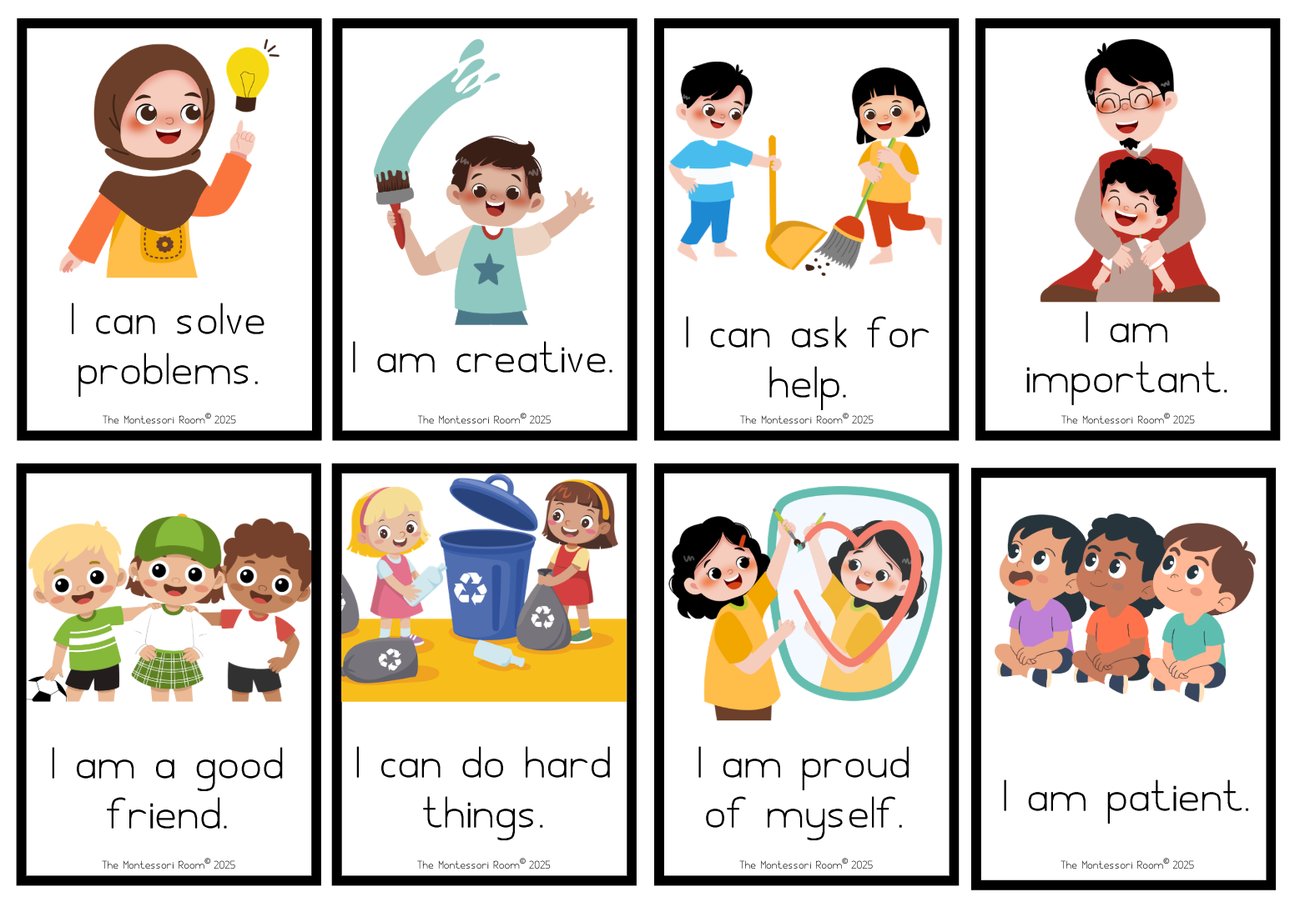





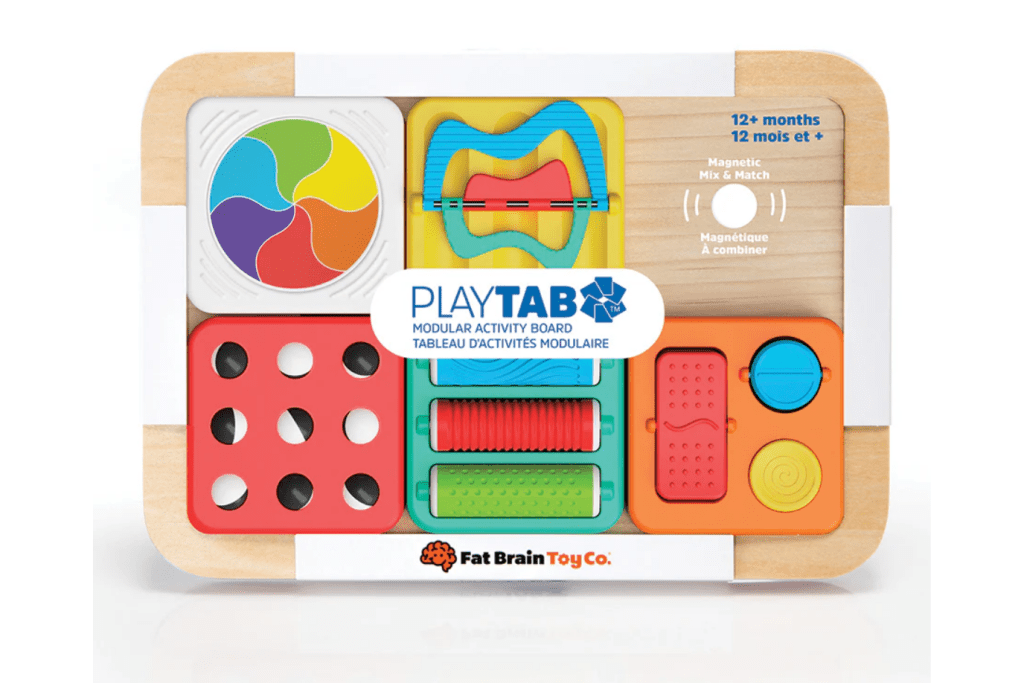
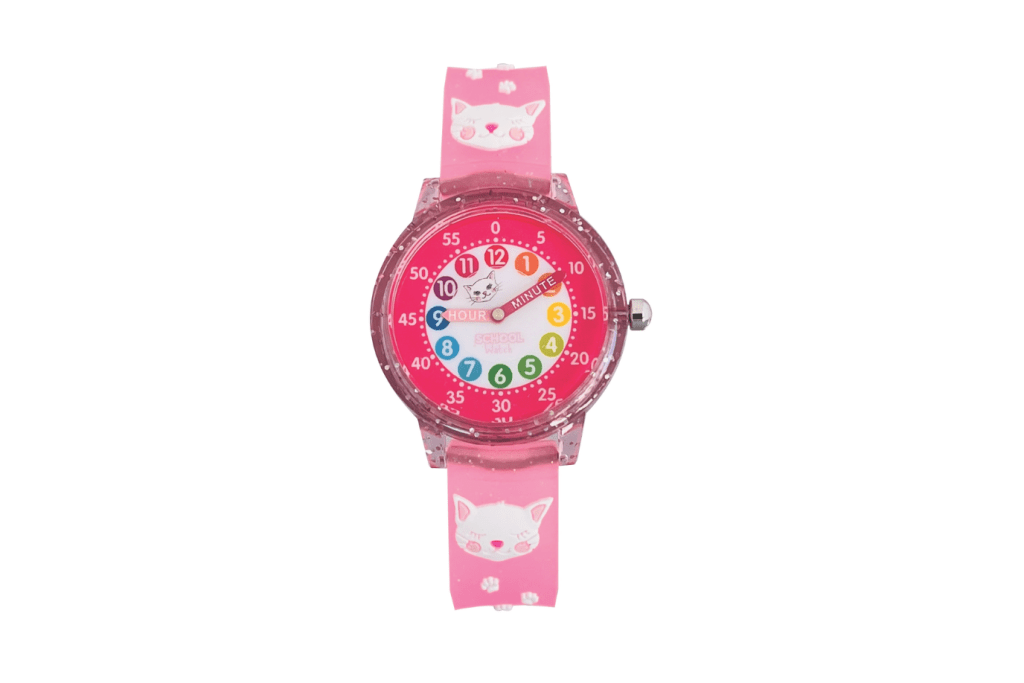
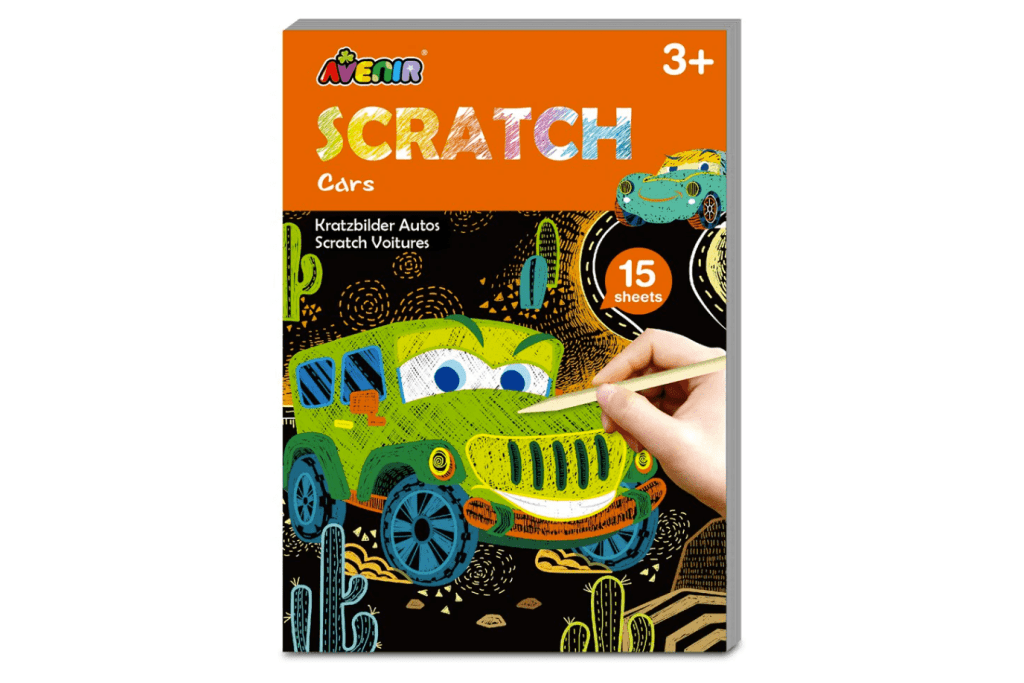

![Kidamento Kidamento Children's Cameras [3 Models]](http://themontessoriroom.com/cdn/shop/products/kidamento-childrens-cameras-3-models-661353_1600x.png?v=1699075281)
